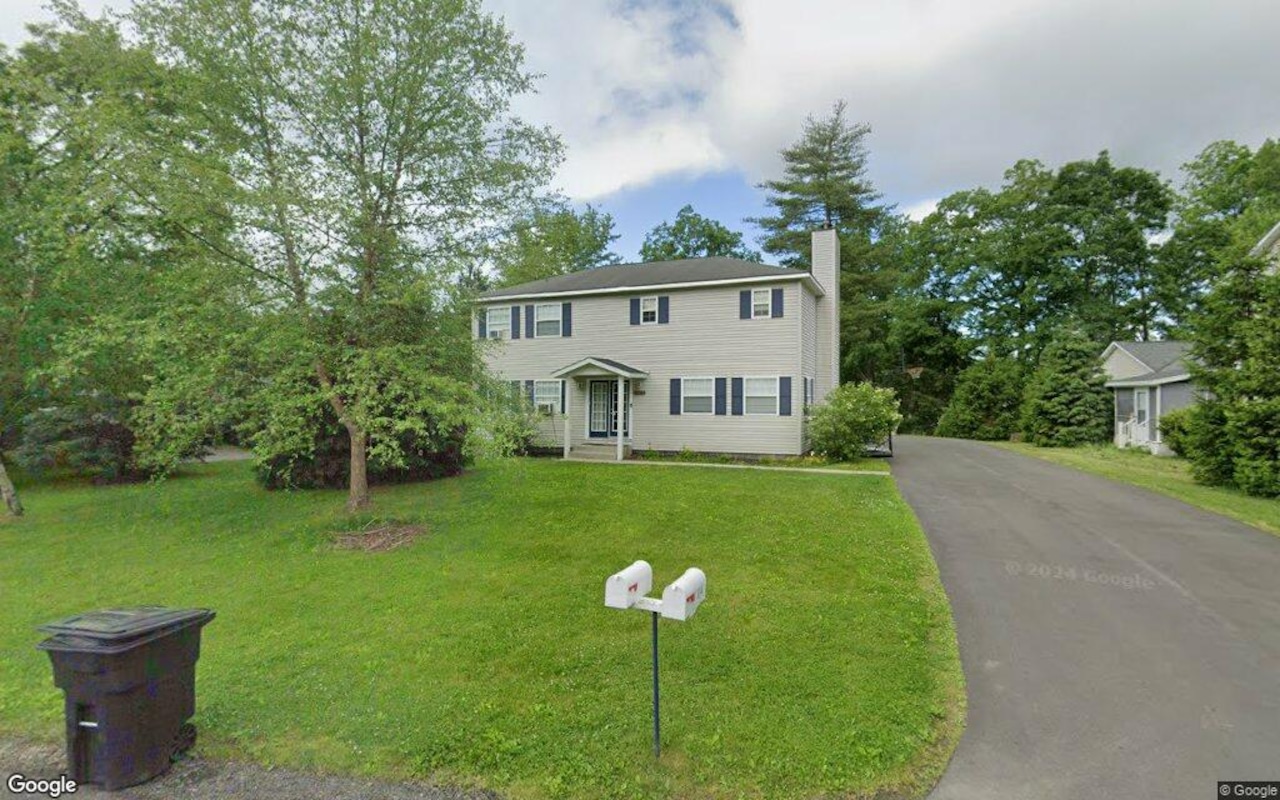C
ommitment to Our Readers
At GOBankingRates, we're dedicated to providing you with unbiased reviews and information. We use data-driven methods to evaluate financial products and services, ensuring our ratings aren't influenced by advertisers. Learn more about our editorial guidelines and review methodology.
20 Years of Helping You Live Richer
Real Estate Investing Beyond Ownership
You don't need to own property to invest in real estate. There are alternative ways to grow wealth through real estate that don't involve mortgages or tenants.
Consider these options if you're looking for a less traditional approach:
Real Estate Crowdfunding
Crowdfunding platforms allow the general public to pool their money and invest in real estate projects. This option is more inclusive than private funds and offers a way to diversify your portfolio with real estate.
"The benefits of crowdfunding include lower stakes and the ability to choose specific projects that align with your interests," says Eve Picker, founder of Small Change. "It's an easy way to start earning passive income from real estate."
Real Estate Investment Trusts (REITs)
When you invest in a REIT, you're essentially buying shares in a company that owns and operates real estate. The company manages the properties and pays investors through dividends.
House Flipping
If you have construction or design expertise, house flipping might be an option. Find a home in a desirable neighborhood that needs renovation, buy it at a low price, make upgrades, and sell it for a profit.
However, house flipping carries significant risks, including market shifts and construction delays. "Real estate flips can be great short-term investments, but they also come with substantial risks if you don't have the necessary expertise," warns Mark Cantrell, CFP and senior investment manager at Belwood Investments.
Private Real Estate Funds
These funds pool investor money to buy and manage real estate in various locations. They can be set up as general or limited partnerships, LLCs, or S-Corps.
While private funds offer high potential returns, they often require a significant upfront investment, making them less accessible to some investors.
Qualified Opportunity Zone
Opportunity Zones are designed to encourage investment in low-income communities nationwide. If you have unrealized capital gains, you can invest them in an opportunity fund and defer paying income taxes.













